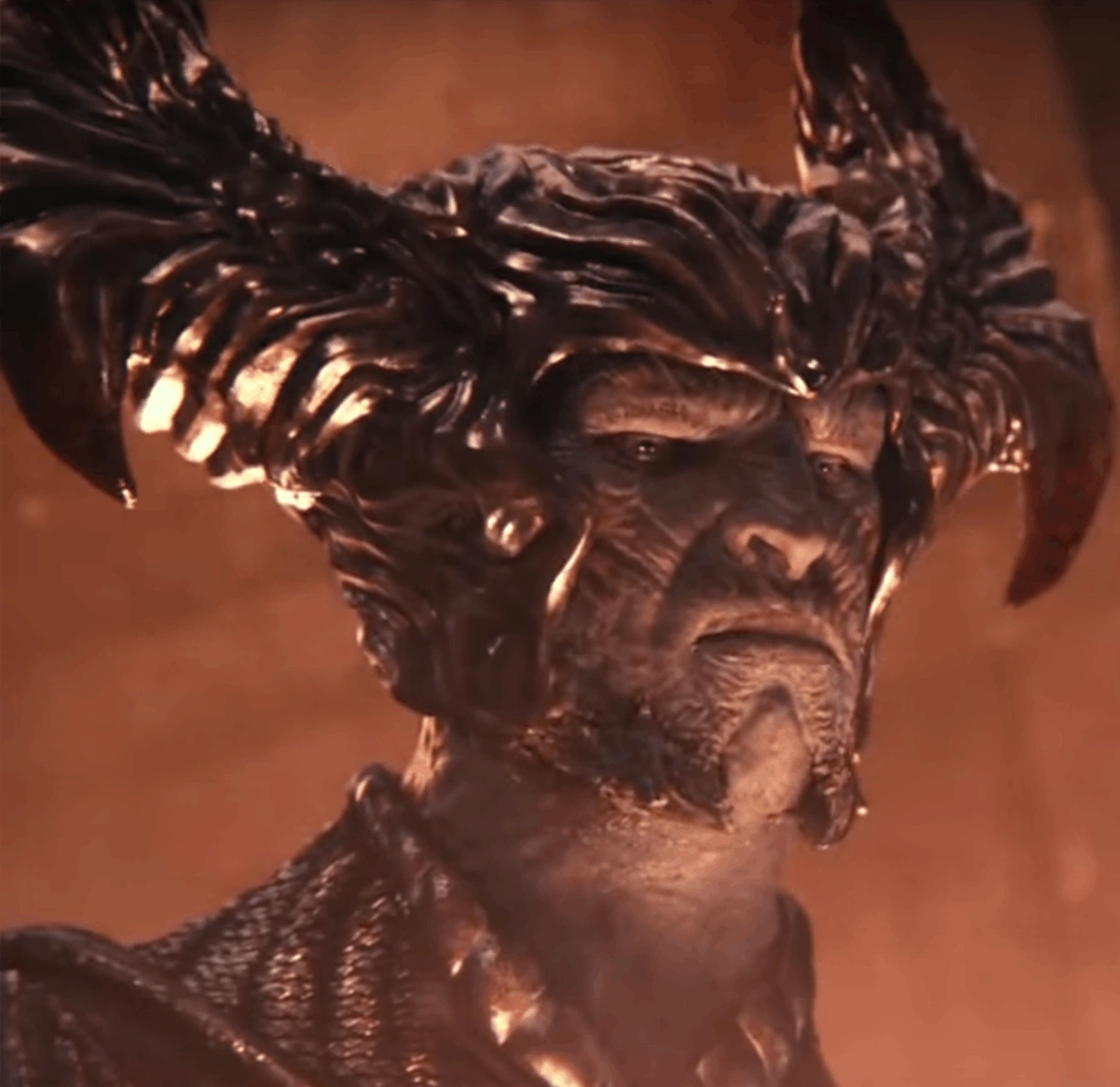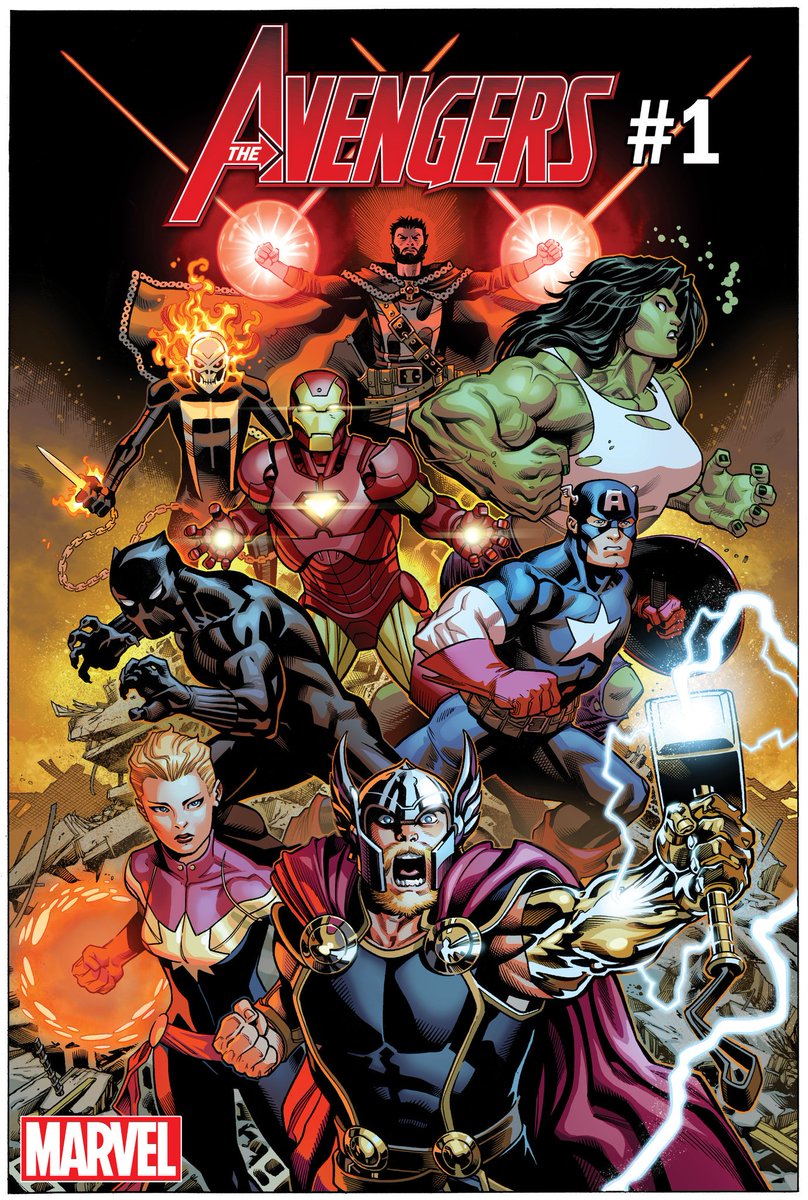So, I saw Black Panther against last weekend and I (unsurprisingly) continued to love it. This time around, I was able to better appreciate Micheal B. Jordan as big bad Erik Killmonger, who is easily the strongest character in the film. It's an incredible performance that stands head and shoulders above the rest of the cast, with Jordan making Killmonger both terrifying and utterly tragic.
It reminded me a lot of Adam Driver's Kylo Ren, a conflicted warrior of the dark side who feels as though he could fall into redemption any minute, and got me thinking about the current state of villains in blockbuster films. Think about the most popular villains of the last few years. Loki. Baron Zemo from Civil War. Kylo Ren. Killmonger. The Vulture from Spider-Man: Homecoming. What do they all have in common, besides the fact that they're all owned by Disney? They're all, to a degree, characters with clear motives and understandable worldviews.
Think about it. Loki is the angry adopted child of the Norse gods, Zemo wanted vengeance for the death of his children, Kylo is driven by a mixture of neglect, uncertainty, and betrayal, the Vulture wanted to provide for his family in the face of bigshot superheroes who don't care about the little people ruining everything, and Killmonger (rightfully) wants Wakanda to fight for the oppressed, no matter who gets hurt in the crossfire. Now, tell me what these guy want (if you can remember them)?
Something about a red beam and destroying the worlds, I think?
How about this guy?
Bugs were involved, I can tell you that.
Or this guy?
He looks pretty stylish, I'll give him that.
The point is that no one particularly cares about these generic, gray moustache-twirling bad guys with unclear motives and personalities. These characters have dominated the blockbuster scene to the point where villains like Killmonger and Vulture are seen as incredible breaths of fresh air, making it so satisfying to see that audiences have finally started to reject them in favor of better characters. Admit it: you were satisfied to see Kylo cut Snoke in half and step up as leader of the First Order. I know I was, because blockbusters are really only as good as the conflict that drives them. And you know who drives conflicts?
That's right, the villains. So when a villain is a generic gray dude with armor or scars who wants to shoot a big beam into the sky so his generic CGI horde can prevail in taking over the planet/universe/whatever, it's remarkably hard to care what's happening. But when the villain is a fleshed-out and interesting antagonist, playing off the hero and making the audience regard the grain of truth in their reasoning, the film becomes not just entertaining, but thematically satisfying.
So please, studios, save some money on CGI and just encourage better villains with great performances behind them. I guarantee that you'll win audiences over more with a Killmonger or Loki than you will with whoever this chick was.













